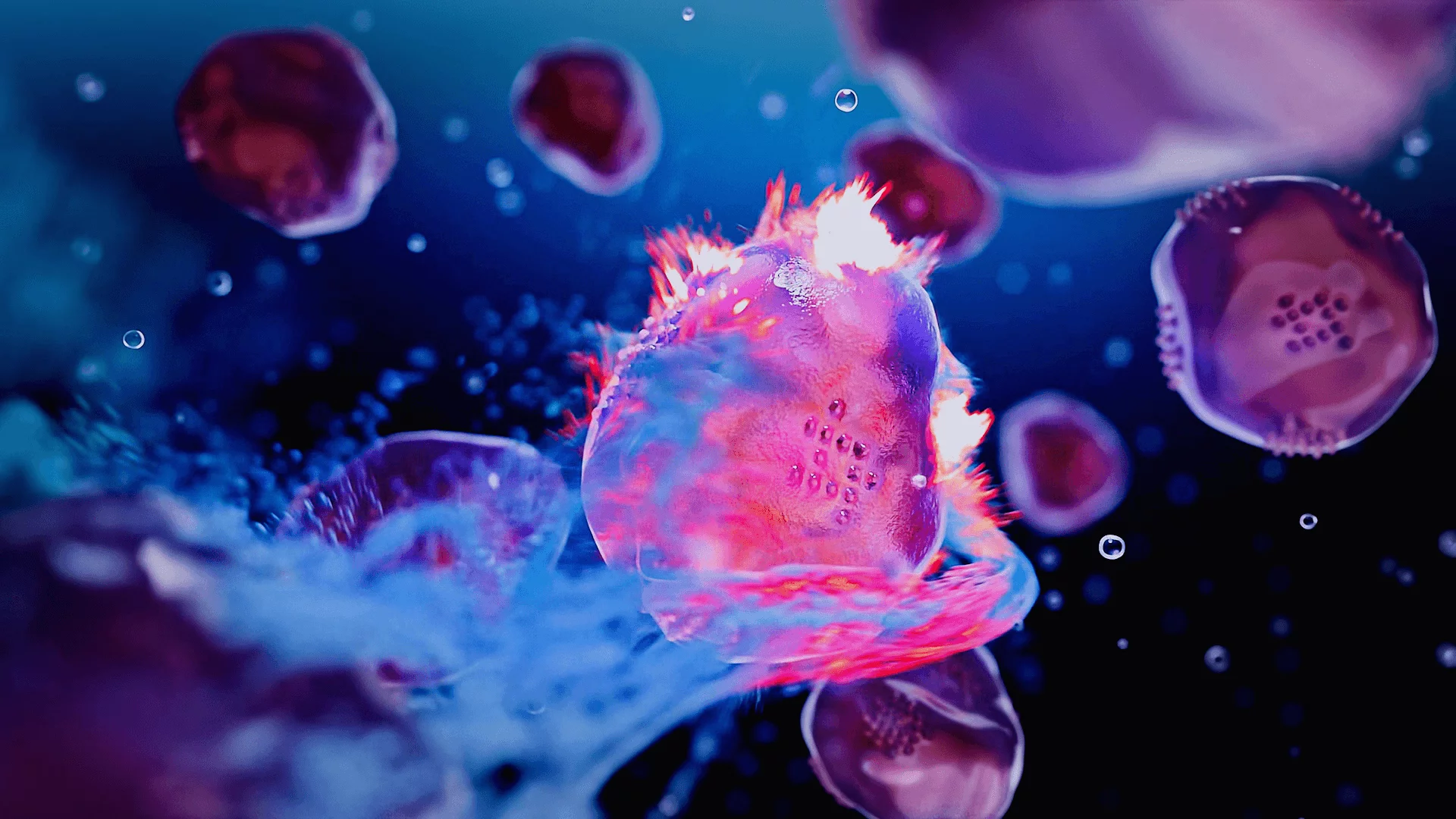
How is Medical Animation Made? Step-by-Step Process
Learn the step-by-step process of creating medical animations. From scriptwriting and 3D modeling to voiceover and post-production, discover the full professional workflow.
ADIM Blog
21 September 2025 | 3 Minute Reading
In the healthcare sector, visualization makes complex information easier to understand. Especially when explaining treatment methods, surgical procedures, or the effects of drugs on the body, medical animation is one of the most effective tools. However, many people wonder: “How is medical animation made?” In this article, we’ll explore the medical animation production process step by step.
The Importance of the Medical Animation Production Process
Medical animations are not only a visual communication tool but also a critical process that ensures accurate information transfer. If not properly planned, they can lead to misunderstandings that may cause medical errors. Therefore, the production process requires disciplined teamwork by professional experts.
Step-by-Step Medical Animation Production
1. Needs Analysis and Brief Preparation
A detailed meeting is held with the client at the start of the project.
The purpose of the animation (education, promotion, patient communication, R&D presentation, etc.) is defined.
Content types to be used (3D models, narration, text, music) are determined.
Example: If a pharmaceutical company wants to show how a new drug works on cells, the animation should focus on biochemical processes.
2. Script and Scenario Development
A scenario tailored to the project’s needs is written.
Technical terms are simplified into clear, easy-to-understand language.
Once approved, the project moves to the production stage.
3. Storyboard and Concept Design
A visual plan of the scenario is created.
Sketches or simple visuals are prepared for each scene.
Colors, visual style, and animation language are defined.
4. 3D Modeling and Visualization
Human organs, cell structures, or medical devices are modeled in 3D.
Medical references are used to ensure realism.
Details such as color, texture, and lighting are added.
5. Animation and Motion
3D models are animated according to the script.
Processes such as organ functions, cell division, or device usage are made dynamic.
Slow motion or close-up techniques are applied when details need emphasis.
6. Voiceover and Music
Professional narration is added for clear explanation.
Background music is selected to enhance viewer engagement.
Multilingual voiceover options can be prepared for international projects.
7. Editing and Post-Production
Animation pacing, scene transitions, and effects are refined.
Subtitles and graphics are added if needed.
Color corrections are applied for a sharper, more professional look.
8. Client Review and Delivery
The animation is presented as a preview to the client.
Revisions are made based on feedback.
After final approval, the video is delivered in the requested formats.
Key Points in Medical Animation Production
Medical accuracy: Visuals must not be misleading or exaggerated.
Target audience alignment: Content for patients should avoid heavy technical details.
Professional teamwork: 3D artists, doctors, and voiceover artists must collaborate.
Visual quality: High-resolution, realistic modeling increases impact.
Conclusion
Medical animation production is much more than simple visualization. Proper planning, script development, 3D modeling, animation, voiceover, and editing must all be carried out professionally. This ensures effective results in both education and marketing.
If you are looking for professional medical animation solutions for patient education, pharmaceutical promotion, or surgical visualization, contact us to get started.
Let’s Elevate Your Brand Together
Our experienced team is here to support you in your animation and visualization projects.